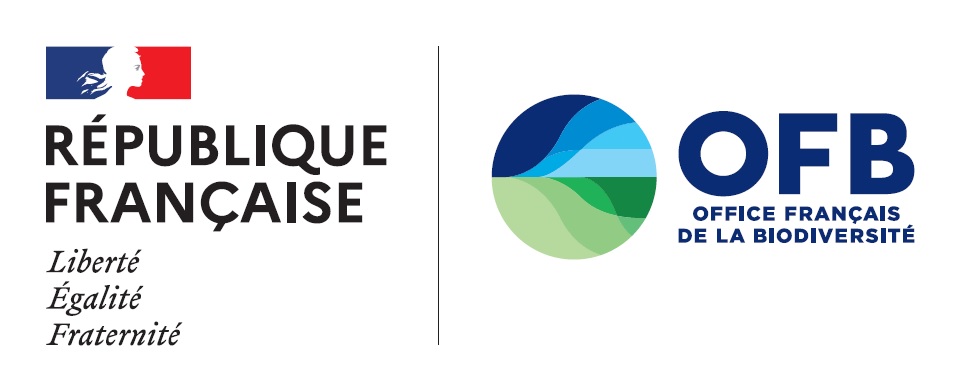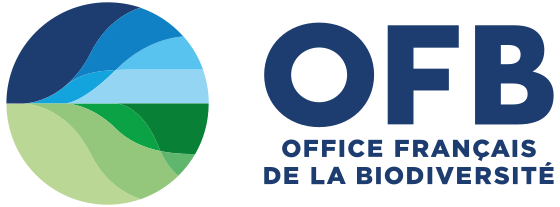climate change
Climate change. Impacts on aquatic environments and consequences for management | Meetings recap | December 2011
What will the consequences of the climate change be on the quality and quantity of the waters in France? How will the aquatic ecosystems react to the new conditions? What do these new stakes means for the various human stakeholders in water: managers, service operators, farmers, fishermen? The Climate change, impacts on aquatic environments and consequences for management seminar focussed on these issues. Recap.

Climate change, impacts on aquatic environments and consequences for management - n°2 | Meetings | January 2010
Building, on a national scale, sustainable dialogue between scientists and water managers in order to address the recognised climate change, that was the objective of this seminar. This dossier provides an overview of the current knowledge that was presented, the points of view expressed, and the questions raised over.

Research update on climate change and low-flow conditions in France - n°17 | Meetings | September 2012
Scientists and water managers discussed the current directions taken by the quantitative hydrology research in France. The discussions addressed in depth the linked issues of climate change and the management of low-flow conditions, a major social and ecological issue. This document reports on progress in research and on the remaining issues.

Diagnosing and restoring aquatic biodiversity - n°21 | Meetings | April 2013
The national symposium on The outlook for managing aquatic biodiversity in rivers and lakes was an occasion to report on some 30 partnership-research projects in the field of aquatic biodiversity. Following a status report on biodiversity in aquatic environments in France, the meeting went on to present a range of innovative tools for monitoring and restoring biodiversity in a context of global climate change.

The importance of the science-policy interface for water and climate - n°30 | Meetings | March 2015
The purpose of the event, a forerunner to the 7th World water forum and the Paris-Climat 2015 meeting (COP21), was to facilitate discussions between scientists and elected officials on the topic of water and climate change in view of jointly laying the groundwork for future improvements in the science-policy interface. These discussions are essential in order to transform scientific knowledge into actual water planning and management policy.

Observed trends in river flow rates in France | Knowledge for action | February 2013
On the whole, water resources in France are sufficient, however, there are significant differences between regions and times of year. Local shortages have increasingly led to restrictive measures on water usage. Why do water shortages occur? Are water resources in fact becoming more rare? Is this situation linked to excessive human usage or climate change? This document studies the fluctuations in water resources caused by climate factors in order to answer these questions.

Diagnosing and restoring aquatic biodiversity | Meetings recap | September 2013
The 2 days of discussions between scientists and water managers were an occasion to present some 30 partnership-research projects on aquatic biodiversity. Following a status report on biodiversity in aquatic environments, the speakers presented a range of innovative tools for monitoring and restoring biodiversity in a context of global climate change. Recap.

Freshwater fish and climate change. Current situation and adaptation strategies | Knowledge for action | October 2014
Aquatic environments constitute ecological treasure houses, represent a unique cultural heritage and provide society with important economic resources. What will be the consequences of climate change on the hydrology of aquatic environments? How will aquatic ecosystems and organisms react? What can be done to limit their vulnerability? Fish are emblematic life forms in rivers and an important resource for humans. They are one of the lifeforms that will potentially be impacted by climate change.




